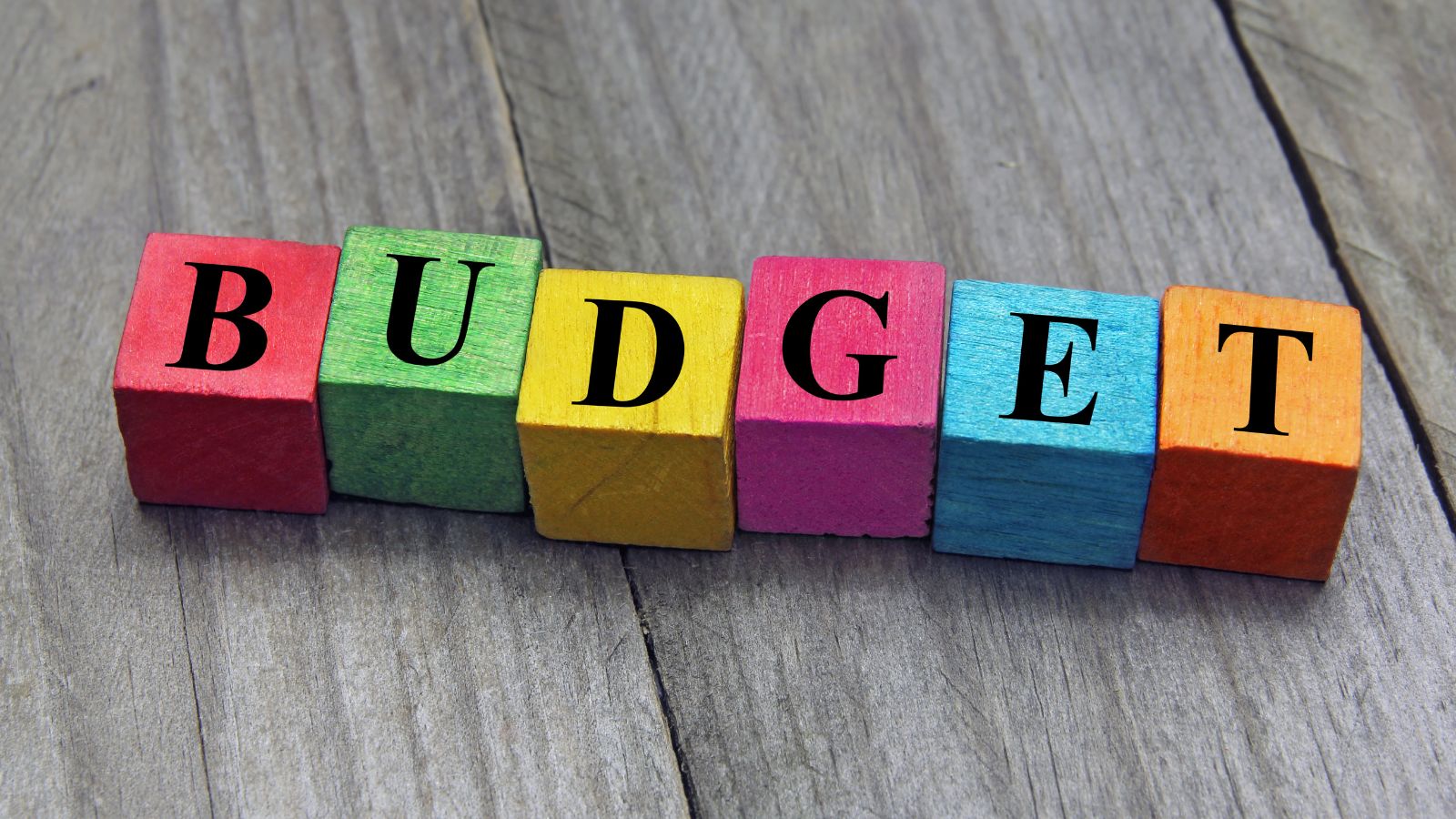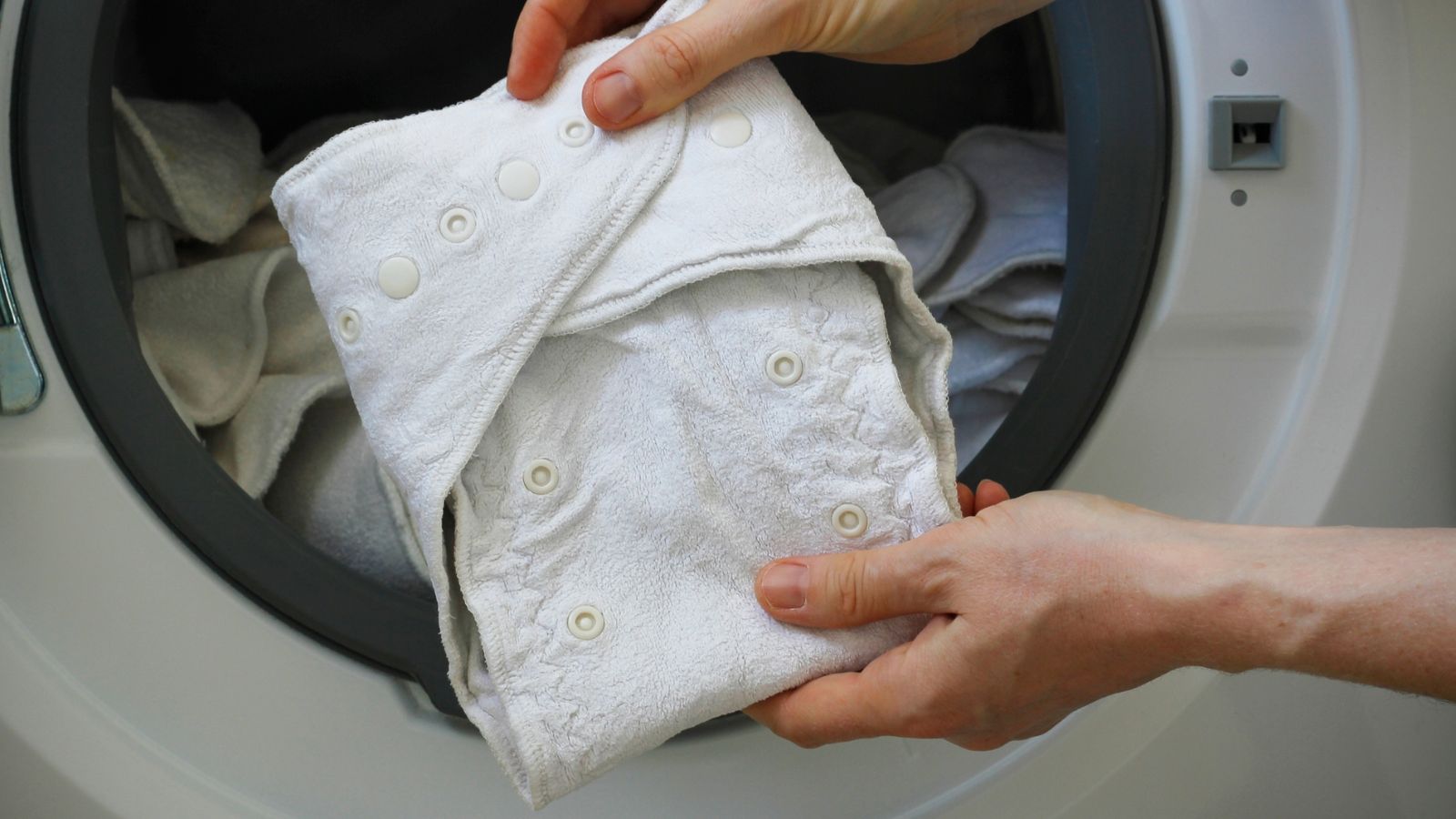Parenthood is an exciting journey, but it can significantly strain your finances. From buying all of the baby equipment you need to take out extra healthcare, the cost of having a baby soon adds up. Here are 16 budgeting tips to help soon-to-be parents navigate these financial changes:
Track Your Spending

You must get a clear picture of your spending to know where you are spending money and what you can potentially cut down on. Your lifestyle as a parent will be different from how it is now, with fewer meals out, no last-minute getaways, and less spending on yourself. There are many budgeting apps and tools available to help you with this.
Create a Budget

Once you understand your spending habits, it’s time to create a budget that allocates funds for essentials, savings, and some fun. You can use a spreadsheet or a budgeting app to jointly write down what you need to spend and how you see the years ahead concerning financial goals.
Boost Savings

To boost your savings, you can set up a dedicated savings account for baby-related expenses. You and your partner can contribute to the account when you have spare cash, and you can even ask family members to contribute as a gift for you and your baby. You can also consider cutting back on non-essential spending, such as daily coffee shop drinks and magazine subscriptions, to increase your contributions.
Don’t Try to Keep up With The Joneses

In the excitement of becoming pregnant, you may rush out to buy the latest trends in baby items, such as expensive pushchairs and designer clothing. While buying a few treats is nice, think about what you need before taking out your credit card.
Second-Hand Savvy

To reduce your overall spending, you can look at local thrift stores and consignment shops, where you can buy baby goods that have been gently used. There’s also the option to use online marketplaces that are popular for second-hand baby clothing.
Borrow What You Can

Reach out to family and friends to see if you can borrow baby items like swings, cribs, and bouncy chairs from friends or family who are finished needing them. Babies only need these items for short periods, so they’re usually in good condition when passed on.
Embrace Diaper Alternatives

Diapers can be very expensive and aren’t the best for the environment. Instead, you should consider using reusable cloth diapers. The upfront cost is higher, but cloth diapers can save you money in the long run.
Bulk Up on Staples

To save money in the long run, take a trip to a wholesaler to stock up on baby essentials like diapers and wipes. You can also check out seasonal sales before having your baby to save money. You just have to be mindful of expiration dates.
Homemade Meals

Breastfeeding is the cheapest way to feed your baby, but if you are to use formula, you can shop around for the cheapest options that suit your baby’s needs. Once your baby is ready to wean, you can prepare baby food at home, as it is a healthy and budget-friendly option compared to pre-packaged purées.
Free Entertainment

Activities can be a source of stress for parents, especially since they can be expensive and time-consuming. The average cost of activities for a child in the United States is over $360 per year, and this cost can vary depending on the type of activities your child participates in and how often they participate in them. But plenty of free or low-cost ways to entertain your little one exist. Explore parks and libraries with storytime programs, or visit friends with babies for playdates.
Debt Reduction

Before your baby arrives, you should focus on paying down high-interest debt. This will save you money on interest payments in the long run. You should also resist buying things on your credit card if you know you will struggle to repay. If you’re not in the position to wipe out all your debts, try to pay off as much as possible and build regular repayments into your budget.
Emergency Fund

Unexpected expenses associated with parenthood include doctor’s visits, car repairs, and broken toys. The average cost of unexpected expenses for a child in the United States is $239 per year. You should build an emergency fund to cover unexpected expenses like car repairs or medical bills, aiming to save 3-6 months’ worth of living expenses.
Childcare Considerations

Childcare is one of the biggest expenses for parents. The average cost of childcare in the United States is $1,120 per month for one child. Several government programs can help parents save money on childcare. For example, the Child Care and Development Fund (CCDF) subsidizes low-income families to help them pay for childcare. You can also research childcare options like daycare centers, nannies, or in-home care to see which best suits your budget.
Review Your Work Benefits

As soon as you find out you’re pregnant, you should check your eligibility for parental leave, including maternity/paternity, shared parental, or adoption leave. You can also explore childcare benefits or flexible work arrangements offered by your employer. If you are on a low income or aren’t working, you can speak to your local welfare office to find out what benefits you may be entitled to.
Open Communication

No matter what frugal practices you implement, talking to one another is key to staying on track with parenting costs. You should maintain open communication with your partner about finances and discuss budgeting goals so you can make spending decisions together. This means not spending too much on new baby clothes or expensive toys without speaking to one another first.
Eco-Friendly Travel

Transportation can be a major expense for parents, especially if they drive their children to and from school, activities, and appointments. The average cost can vary depending on the type of transportation you use, the distance you travel, and the gas price. With this in mind, using public transport, walking, or car sharing with other families can be a way to save money and win environmental points at the same time.
19 Shocking Reasons People Are Fleeing California in Droves

19 Shocking Reasons People Are Fleeing California in Droves

Abhishek Ragunath is specialized writer for Trendonomist focusing on topics related to Investing, Money, Technology, Marketing and everything in between. He enjoys hiking, travelling, and is a self proclaimed foodie! He has written for brands including Hashtag Investing, Motely Fool, WallstreetZen & More.
